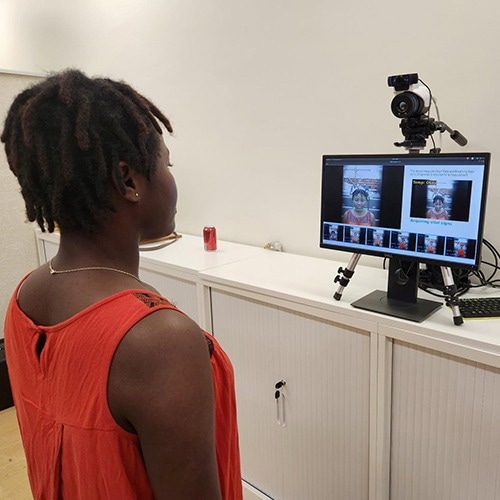The importance of measuring and monitoring blood pressure cannot be overstated in the hospital setting. Vital signs like blood pressure, heart rate, respiratory rate, and temperature are routinely checked to assess the overall health status of a patient. In particular, blood pressure measurement is critical in detecting and managing hypertension (high blood pressure), which affects millions of people worldwide and contributes to numerous health problems like heart disease, stroke, and kidney failure. Therefore, having a reliable and accurate blood pressure monitor is essential for healthcare providers to deliver optimal care to their patients. This blog will discuss the features and benefits of hospital blood pressure monitors and how they can assist in improving clinical outcomes and patient safety.

Hospital blood pressure monitors are versatile, high-quality, and durable devices designed for use in busy clinical environments. They come in various types, including automated, manual, and ambulatory (24-hour) monitors, depending on the needs and preferences of the clinicians. An automated blood pressure monitor uses an electronic cuff and sensor to measure blood pressure quickly and without much operator involvement. The readings are displayed on a digital screen, and some models can store and transmit data to electronic health records (EHRs) or other health information systems. A manual blood pressure monitor, on the other hand, requires a stethoscope and a sphygmomanometer (a device that inflates and deflates the cuff) to listen to the sounds of the blood flow and determine the systolic and diastolic pressures. This method is more accurate and reliable but may take more time and skill to perform. An ambulatory blood pressure monitor is worn by the patient for a whole day or night and measures blood pressure at regular intervals to provide a more comprehensive picture of the patient's blood pressure fluctuations.
Hospital blood pressure monitors have several advantages for healthcare providers, such as:
- Accuracy: The accuracy of blood pressure measurements is critical, especially in critically ill patients or those with comorbidities that affect blood pressure regulation. Hospital blood pressure monitors are validated according to international standards and undergo regular calibration to ensure accurate and consistent readings.
- Efficiency: Hospital blood pressure monitors save time and effort on the part of the healthcare providers, as they can take multiple readings in a short time and minimize human error or bias. This feature is particularly useful in emergency situations when time is of the essence.
- Portability: Hospital blood pressure monitors are portable and lightweight, making them easy to transport from room to room or unit to unit. This feature enhances their usability and convenience, especially in large hospitals or clinics with multiple floors or departments.
- Connectivity: Hospital blood pressure monitors can integrate with EHRs or other health information systems to allow seamless sharing of data and enable real-time tracking of patients' blood pressure trends. This feature enhances collaboration and communication among healthcare providers and improves the quality and continuity of care.
- Safety: Hospital blood pressure monitors are designed with patient safety in mind, and they adhere to strict safety standards to prevent injuries or infections. For example, they use disposable or sterilizable cuffs to minimize the risk of cross-contamination, and they have alarm systems that alert the healthcare providers of any abnormalities in the readings.
In conclusion, hospital blood pressure monitors are indispensable tools for monitoring patients' blood pressure and ensuring their health and well-being. They have numerous features and benefits that can assist healthcare providers in delivering efficient, accurate, and safe care. As technology continues to improve, hospital blood pressure monitors are likely to become even more advanced and user-friendly, enabling healthcare providers to focus on what they do best: caring for their patients. Therefore, hospitals and clinics should invest in high-quality blood pressure monitors and provide their healthcare providers with adequate training and support to maximize their potential and impact.